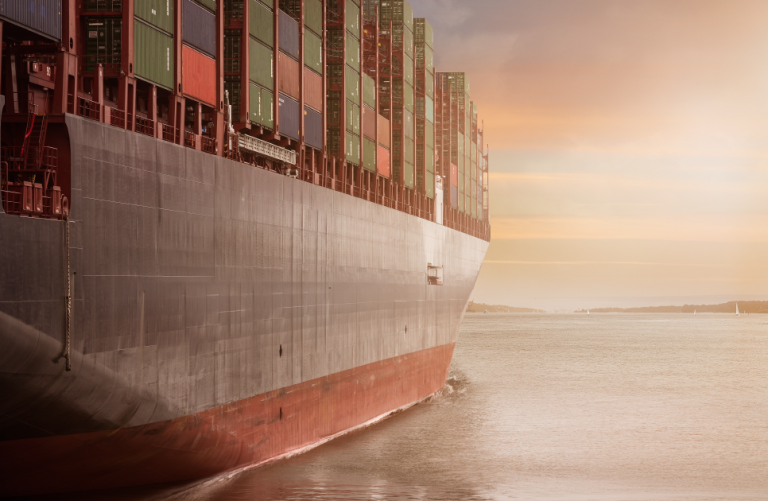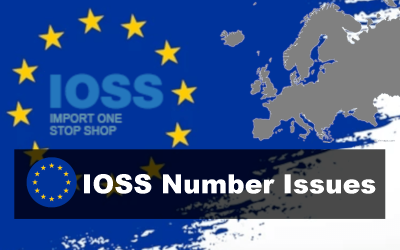Why do I need an Article 23 Permit?
By using the reverse charge mechanism when importing goods, it means that the VAT on the import is not required to be paid immediately. Instead, the import is reported on the VAT return and claimed back in one reporting procedure without the payment being made to the tax authorities. In the Netherlands, to be able to do this an Article 23 permit must be applied for.
Why use the Reverse Charge Mechanism:
By implementing the reverse charge mechanism on imports, it gives great benefits to cashflow as you are no longer having to pay out import VAT at the border, and eliminating the wait period for the refund to be returned to you. In addition, as there is no need to wait for the import VAT to be paid when the goods reach the border, the process is streamlined and often can be more time efficient.
Who can Apply:
A domestic business can apply if they have a fixed establishment in the Netherlands and regularly transports goods from non-EU countries into the Netherlands.
Non-Dutch companies cannot apply for this permit themselves, and instead must instruct a fiscal representative to do this on their behalf – this applies for both EU and non-EU companies. The fiscal representative is responsible for completing and filing the VAT returns, completing the EC sales lists and ensuring the reverse charge mechanism is applied.
Types of Permits:
Limited Article 23 Import License – this is where the company importing the goods does not have to register for VAT, and can instead use the existing registration of the fiscal agent. This can only be used for one off shipments, not regular imports.
General Article 23 Import License – this is used when the importer is VAT registered, and allows for the import VAT to be deferred, and reported along with the reclaim on the importers VAT return.





